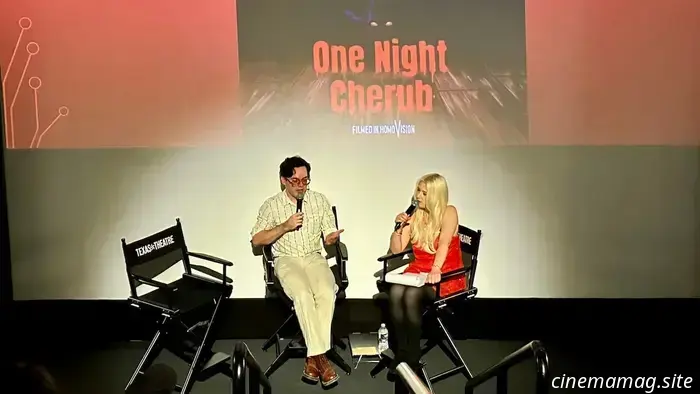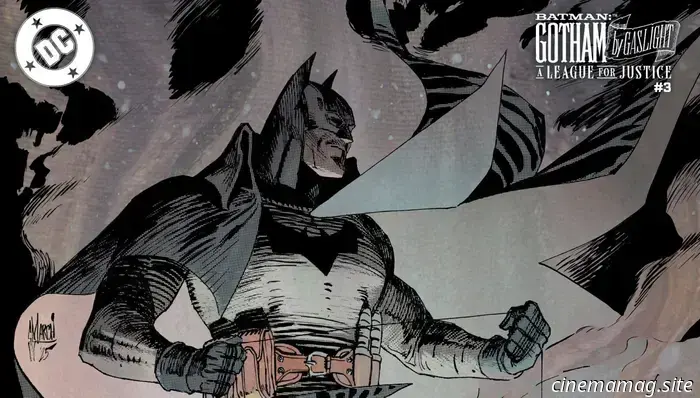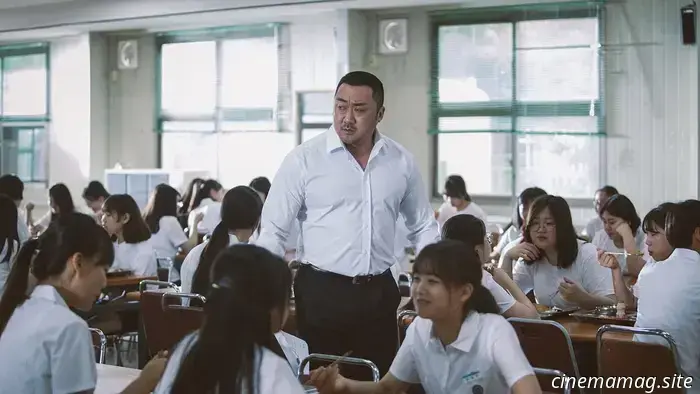
Programmable by DeadCenter and Fantastic Fest Share Their Preferences with Film Festival Expert Rebekah Louisa Smith
"Our audience has a strong interest in watching violent and gruesome depictions of death without any emotional attachment," said Fantastic Fest features programmer Austin King during a live recording of Rebekah Louisa Smith's Film Festival Doctor Podcast last week. "We need a few of those in our lineup."
King's comment elicited laughter but also underscored how leading festival programmers like him, along with Louisa Smith's other podcast guests, deadCenter programmers Paris Burris and Camila Chaves Rojas, consider audience preferences. All three emphasized that the success and distinctiveness of their festivals stem from their connection to what they uniquely offer to their audiences.
Louisa Smith, who earned her "Doctor" title with a PhD in Film & Audience Studies from Aberystwyth University in Wales, is a producer and festival programmer dedicated to assisting filmmakers in navigating the film festival landscape.
During the live podcast recording at Dallas' Texas Theatre, she aimed to provide guidance to filmmakers in the audience on effectively showcasing their films by engaging in an open dialogue with King, Burris, and Chaves Rojas about the criteria for accepting or rejecting films. (You can find the complete episode below.)
Chaves Rojas, who oversees narrative and documentary features at Oklahoma City's deadCenter, mentioned she looks for connections to Oklahoma and favors filmmakers who prioritize storytelling.
"Many filmmakers present excellent ideas, but execution plays a crucial role in how a story is conveyed, especially in documentaries. At times, it can feel like a PSA instead of true storytelling, where the interview subjects truly come to life," she explained.
She added, "In documentaries, I make an effort to ensure that filmmakers are not just spotlighting themselves but genuinely focusing on their subject matter. It’s important that they conduct thorough research and show respect, particularly towards minority groups or the causes they are exploring."
For narrative films, she seeks "the kind of feeling that our audience is going to fall in love with this, and we anticipate a wonderful screening."
Having an Oklahoma connection is a bonus, she noted, and kindness is appreciated: "When filmmakers are wonderful people, it enhances the experience even more," she stated.
Burris, who programs shorts for deadCenter, advised filmmakers not to take rejections personally — a sentiment Louisa Smith further emphasized, highlighting the importance of filmmakers' mental well-being.
Burris mentioned that a small team of about five people reviews approximately 100 shorts at deadCenter from around 1,500 submissions. While they do receive assistance from screeners, all selections reflect personal tastes and biases, she pointed out.
She often chooses films that resonate with contemporary themes.
"We receive numerous fantastic film submissions, and while many are impressive, I often ask myself, 'Could this have been made 10 years ago? Does it feel like it's relevant for 2025 or 2026? Is it reflective of the current moment?'"
Burris, who also hosts the Reel Indigenous podcast, values "community-driven narratives" that showcase "a diverse range of styles, genres, and perspectives."
Film Festival Doctor Rebekah Louisa Smith inquires about a Major Consideration for Submissions
Burris and Chaves Rojas discussed their selection methods with Rebekah Louisa Smith on her Film Festival Doctor podcast. Photo by Austin Flores.
Louisa Smith posed a common question for screeners and programmers: "Do you find that many submitted films, both shorts and features, tend to be overly long?"
They concurred that this often happens, but noted they can allow for longer runtimes if a film is engaging.
"Some films may be lengthy, but if the storytelling is captivating, you won’t even notice the duration," Chaves Rojas remarked.
King pointed out that, as a genre festival, Austin's Fantastic Fest pays close attention to how filmmakers observe and defy genre conventions.
"As the head of submissions, I strive to support filmmakers who may have low budgets but possess a strong vision; they understand film language and genre conventions, utilizing them to convey their story.
"My favorite aspect of this role is when filmmakers express doubts about their film’s visibility, and I reassure them, 'I see your film, and I want to present it to the world.'"
King mentioned he is also mindful of elevating marginalized voices.
"Being a film festival in Texas, we consider our political mission," he noted. "This year, we are partnering with the Transgender Film Center to advocate for them during a time when transgender filmmakers and individuals face significant challenges."
All the programmers encouraged filmmakers to submit their works as early as possible. They also highlighted that although they do occasionally screen unfinished films, it can be challenging to program a piece that does not seem ready for viewing — due to issues like poor audio, for instance.
They also appreciate films that have their premieres at their festivals, although premiere status does not necessarily dictate selection.
For more information about Rebekah Louisa Smith’s work as the Festival Doctor

Other articles
 Batman: Gotham by Gaslight – A League for Justice #3 - Comic Book Teaser
Batman: Gotham by Gaslight – A League for Justice #3 will be released this Wednesday, and you can check out an official preview from DC Comics below… THE SLEEPER HAS AWAKENED! General Zod rises from his sleep and teams up with Lex Luthor to seize control of the planet. However, will Luthor bow down […]
Batman: Gotham by Gaslight – A League for Justice #3 - Comic Book Teaser
Batman: Gotham by Gaslight – A League for Justice #3 will be released this Wednesday, and you can check out an official preview from DC Comics below… THE SLEEPER HAS AWAKENED! General Zod rises from his sleep and teams up with Lex Luthor to seize control of the planet. However, will Luthor bow down […]
 Red Hood #1 - Comic Book Sneak Peek
Next week, Jason Todd’s Red Hood will be the focus of his inaugural ongoing series, and you can view the official preview of Red Hood #1 below, provided by DC Comics... SPINNING OUT FROM THE EVENTS OF H2SH, THIS MARKS DC'S FIRST-EVER IN-CONTINUITY, MATURE READERS, ONGOING RED HOOD SERIES! Jason Todd has departed from Gotham and left Batman in his wake […]
Red Hood #1 - Comic Book Sneak Peek
Next week, Jason Todd’s Red Hood will be the focus of his inaugural ongoing series, and you can view the official preview of Red Hood #1 below, provided by DC Comics... SPINNING OUT FROM THE EVENTS OF H2SH, THIS MARKS DC'S FIRST-EVER IN-CONTINUITY, MATURE READERS, ONGOING RED HOOD SERIES! Jason Todd has departed from Gotham and left Batman in his wake […]
 Trailer for the Korean mystery thriller The Villagers featuring Don Lee
In anticipation of its digital launch this October, Well Go USA has unveiled a trailer for the South Korean mystery-thriller The Villagers, written and directed by Im Jin-soon. Don Lee, known for his roles in Train to Busan and Eternals, plays Ki-Chul, a former boxer who takes on a new role as a gym teacher at a high school in an unfamiliar town, but when […]
Trailer for the Korean mystery thriller The Villagers featuring Don Lee
In anticipation of its digital launch this October, Well Go USA has unveiled a trailer for the South Korean mystery-thriller The Villagers, written and directed by Im Jin-soon. Don Lee, known for his roles in Train to Busan and Eternals, plays Ki-Chul, a former boxer who takes on a new role as a gym teacher at a high school in an unfamiliar town, but when […]
Programmable by DeadCenter and Fantastic Fest Share Their Preferences with Film Festival Expert Rebekah Louisa Smith
Programmers from DeadCenter and Fantastic Fest share their insights with Film Festival Doctor Rebekah Louisa Smith on what they seek in submissions.
